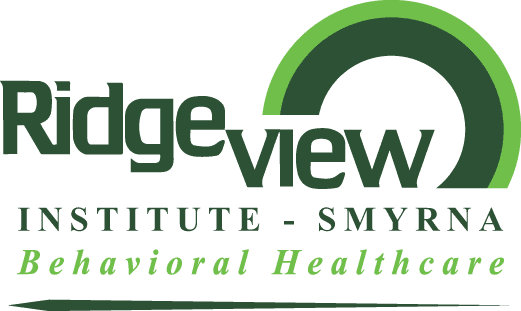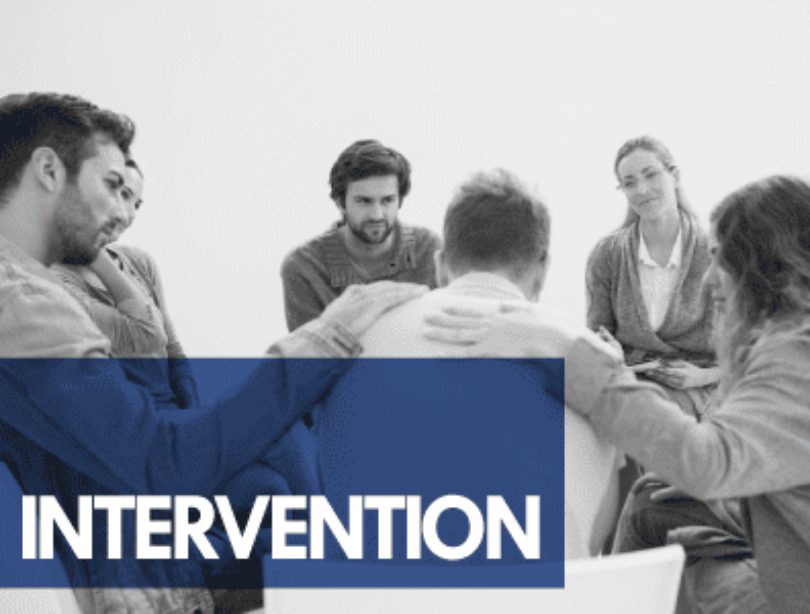By: Brian L. Moore, Ph.D.
The last fifty years have seen a great deal of change in the way society views addiction. The American Medical Association determined that addiction is indeed a disease and efforts have been made to help people understand the nature of this disease. Salient characteristics include that addiction is a primary disease – not one that is secondary to another disease process; it is a progressive disease – one that gets worse over time without treatment; it is a chronic disease – it persists over time in no small part due to the fact that we do not have a cure for addictive disease – merely treatment which can be effective at arresting the negative impact of the disease in a person’s life.
Compounding treatment limitations is the fact that addiction is a disease that tells the people that have it that they don’t. Denial is a prominent characteristic of addiction. Whereas most disease creates discomfort for the person who is sick, addiction – through the use of denial and other defenses – tells the individual that they are problem free. The addict will often admit to having many problems – stress problems, marital problems, money problems, family problems, and health problems. The one problem they do not have is chemical dependence – in fact, they often believe that their drug of choice is the only thing that helps them cope with their problems; indeed, if all of their problems would “get off their back,” they would probably use/drink a lot less.
It is because of this denial that many families are frustrated in their efforts to get help for an addicted loved one. Intervention is the answer for many of these families.
Intervention is a structured process focused on piercing their denial and influencing an individual to accept the opportunity to get help. First championed by Vernon Johnson forty years ago, intervention is hardly a new procedure, yet the majority of people remain unfamiliar with it.
An intervention is a structured process in which a group of people who are significant in the addict’s life come together to express how much they care for the addict and present facts that highlight their concern about the person’s addiction. They also explain how these facts have impacted them and individually ask the addict to accept appropriate help for their addiction. Lastly, they inform the addict about the boundaries they will set for themselves should the addict not choose to get help.
Of those who have heard of intervention, many hold distorted beliefs about it. For example, people have been heard to repeat the saying, “You can lead a horse to water, but you can’t make him drink…”
This myth promotes inaction by reminding people of their inability to control the addict and their helplessness in making them better. While it is true that treatment for addiction is done with the addicted individual and is not done to the individual, it is imperative that we provide adequate opportunities for addicted people to engage in treatment.
Intervention provides this by giving the individual a concrete plan and steps they can immediately take to enter a treatment program. While we might not be able to “make the horse drink,” with intervention, we can “make him thirsty.”
Many people believe that “A person has to hit rock bottom before they get better.”
There is a certain degree of truism about this statement – clearly when one hits “rock bottom” the only direction to go is up. It is, however, absolute folly to believe that this is necessary for addicted people to get better or recover. Even a cursory examination of the case files in a typical treatment program reveals that many people both enter treatment and establish significant recovery without ever hitting “rock” bottom. It would be more instructive to see that all people in recovery can reveal that they hit a bottom (though not rock bottom). The nature of these bottoms is varied – for one person it may be a DUI arrest, for another it may be the loss of a job, for another it may be the breakup of a relationship or family. Intervention has been called the “caring crisis.” It is a process that creates a decision point for the addicted individual where those who care for the addict can present their personal boundaries in order to change their enabling behavior and stop their unintended support for the addict’s disease. By establishing these boundaries, the intervention team builds a bottom for the addict – a chance to enter recovery without hitting rock bottom.
Another commonly held belief about chemical dependency treatment is that “A person has to want help before it can work.”
Addiction treatment is provided primarily through psycho-educational, psychotherapeutic, and psychosocial modalities. None of these methods are particularly successful in the absence of the addict’s cooperation or participation. It is, therefore, particularly impressive that so many addicts do actually achieve significant recovery. After all, most addicted people enter treatment in an ambivalent state. Most addicts do not simply wake up one day and declare, “Today is a good day to get clean and sober.”
In reality, most addicts enter treatment post intervention. If they have not been afforded a
structured intervention a la Johnson or other model, they have probably experienced what may be called a “world” intervention. A world intervention is one where the world intervenes through circumstances such as arrest, injury, incarceration, other disease process, or some type of real or threatened loss – for example a job, a spouse, family or home, or significant loss of function in the person’s work or interpersonal life.
The difference between a professionally facilitated intervention and a world intervention is the approach to the addict. In the structured intervention, the addict is approached in a caring, concerned manner. The world intervention rarely provides this. The structured intervention is planned – the world intervention is unplanned occurs in a chaotic fashion.
The structured intervention involves putting together a team of people who care about the addict to learn how to effectively present their concerns to the addict to facilitate the addict’s acceptance of treatment. This treatment has been pre-arranged to facilitate the addict’s immediate admission to the program.
It is common for people seeking to do an intervention for a loved one to relate the many efforts they have made to get the addicted person in their lives to get help. They often say that the intervention is their “last ditch effort” to help the person. It is unfortunate that intervention is the last thing done to help the person – nor should it be thought of as “the end of the line” should it not succeed in getting the person to agree to enter treatment. Intervention is a voluntary process – those agreeing to be a part of the intervention team do so voluntarily and the addict must ultimately make a voluntary decision to accept help. Though the intervention will be an event at a given point in time, it is merely a part of the process of recovery.
If the person does not choose to accept help, it is not “the end.” The intervention team will put their boundaries in place and continue to make efforts to influence the person to seek help.
Perhaps one of the most notable examples of this persistent effort is the case of First Lady Betty Ford. Her family completed an intervention with her at the White House and she refused help – it was only a few weeks later that Mrs. Ford would agree to get help for her addiction.
It is widely recognized that addiction is a disease that affects families as much as it does the individual. A good intervention addresses this by helping the intervention team to make positive changes in their own behavior and in the manner in which they relate to the addicted individual in their lives. Addressing codependent behavior and enabling behaviors allows those who care for the addict to know that they are a part of the addict’s solution and no longer a part of their problem.
If the person accepts the opportunity to get treatment, it is just the beginning of the beginning – the person will need to accept that treatment provides tools and strategies to manage this disease, not cure it, and come to the realization that recovery will be a daily process for the rest of their life.
Readers are encourage to learn more about intervention by contacting the author, Dr. Brian Moore at: Serenity Solutions, 3500 Lenox Road, Suite 1500, Atlanta, Georgia 30326 or by phone at 770-590-4441 or 866-590-4441.
Ridgeview Institute is a private behavioral health care system with inpatient, partial hospitalization, and intensive outpatient programs for children, adolescents, adults and seniors with psychiatric and addictive problems. We are located at 3995 South Cobb Drive, Smyrna, Georgia 30080. For more information about Ridgeview’s programs and services, call (770) 434-4567 or 1 (800) 329-9775.
For more information about the Ridgeview Institute Addiction Medicine Treatment Programs, visit our website at https://ridgeviewinstitute.com/ or contact the Access Center at (770) 434-4567.

